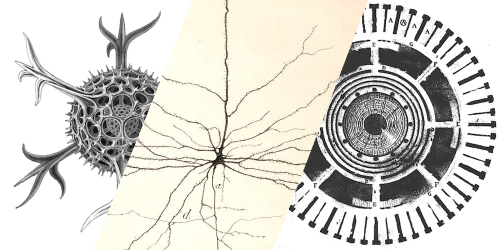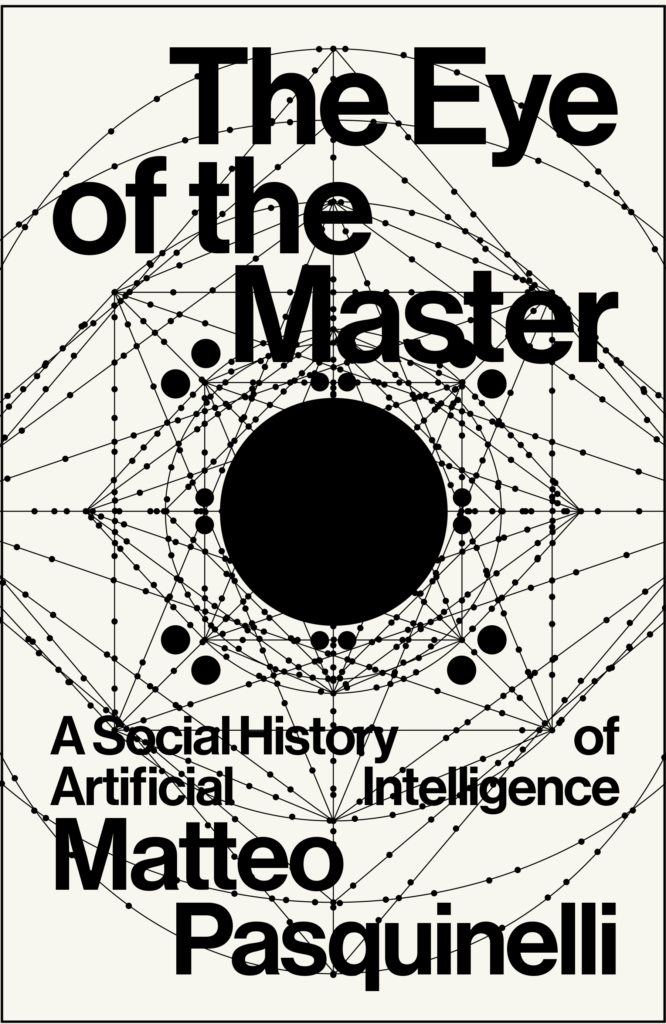Organised by → The City as a Project Research Program

Abstract. Contemporary philosophy and art are crossed by a political obsession for ‘life’ originated by Foucault’s seminal works on biopower in the 1970s and expanded today in a broad interest for biotechnologies and neurosciences. ‘Life’ appears to be surrounded by a very intellectual siege, yet its definition is often left unquestioned: concepts such as bios, form-of-life and ‘the living’ are often used in almost a metaphysical or self-explanatory fashion. This seminar aims to retrace the genealogy of some of these concepts, focusing in particular on the origin of Foucault’s idea of biopower. It is interesting to see, for instance, how this genealogy is rendered by Agamben in his essay What Is an Apparatus? that inscribes Foucault under the crypto-theological influence of Hegel and Hyppolite. Contra Agamben, it will be shown how Foucault’s notion of biopolitical normativity was in fact inspired by Canguilhem’s notion of socio-organic normativity. Canguilhem himself adopted this idea from the German-Jewish neurologist Kurt Goldstein and his work on the ‘normative power’ of the brain (in a unique interpretation of the German Lebensphilosophie, in which by the way the term Biopolitk was first coined with a clear reactionary spin). Reversing a superficial fetish for ‘the living’, eventually the neurological matrix of the brain and the very living power of abstraction will be disclosed as the forgotten core of ‘bios’ and also of the Foucauldian biopower.
Basic bibliography:
- Gilles Deleuze (1988). “What is a dispositif?”. In: Timothy Armstrong (ed.) Michel Foucault Philosopher. New York: Routledge, 1992.
- Giorgio Agamben (2006). “What is an Apparatus?”. In: What is an Apparatus? And Other Essays. Stanford University Press, 2009.
- Elizabeth Grosz (2008). Chaos, Territory, Art: Deleuze and the Framing of the Earth. Columbia University Press, 2008. Only chapter one: “Chaos. Cosmos, Territory, Architecture”.
28 March 2013, 15:00 - 18:00 Room Z - Faculty of Architecture The Berlage Center for Advanced Studies in Architecture and Urban Design Delft University of Technology Julianalaan 134, Delft The Netherlands


